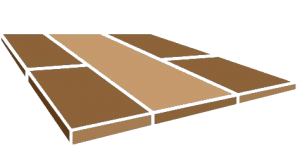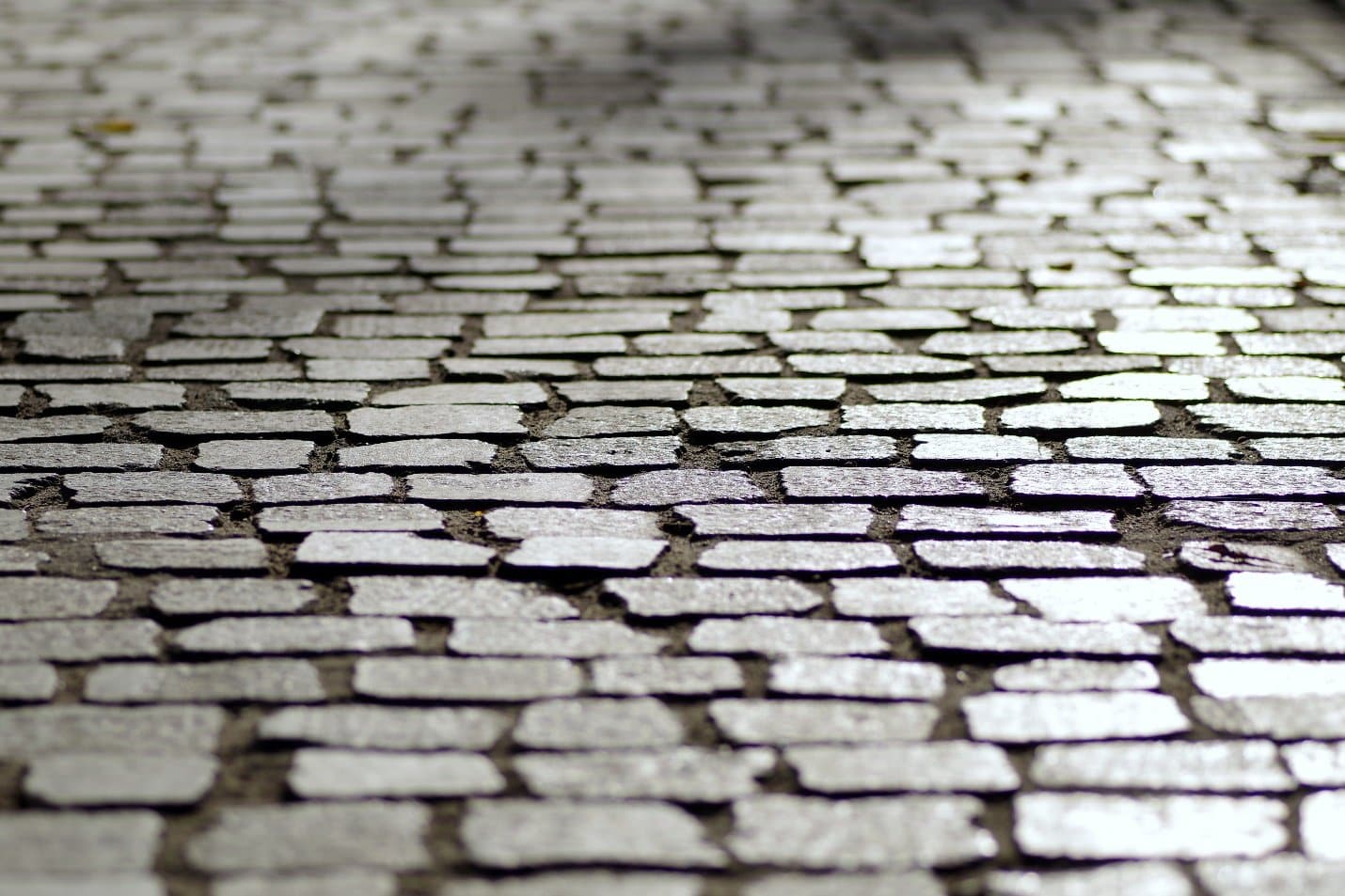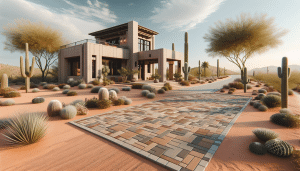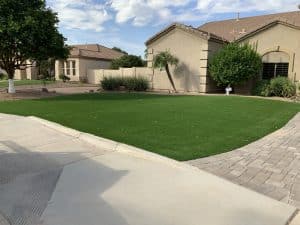Paving your driveway or walkway can be an exciting project, but choosing the right material can be a daunting task. At Gilbert Paver Company, we’re here to simplify the process. In this comprehensive guide, we’ll explain the ABCs of paving: Asphalt, Brick, and Concrete. By the end of this article, you’ll have a clear understanding of each option, helping you make an informed decision for your next paving project.
Paving materials play a significant role in your property’s aesthetics, functionality, and maintenance. Understanding the characteristics of asphalt, brick, and concrete is crucial when embarking on a paving project. Let’s explore the ABCs of paving and their respective strengths and weaknesses.
Contents
Asphalt Paving
Pros:
- Cost-Effective: Asphalt is generally more budget-friendly to install.
- Quick Installation: Asphalt can be ready for use faster than other materials.
- Durability: It can withstand freeze-thaw cycles without cracking.
Cons:
- Lifespan: Asphalt driveways typically have a shorter lifespan.
- Maintenance: Regular sealing is required for longevity.
- Limited Aesthetic Options: Fewer design choices compared to brick and concrete.
Ideal Uses: Ideal for driveways, roads, and areas with heavy traffic.
Brick Paving
Pros:
- Aesthetic Appeal: Offers a timeless, classic look with various design options.
- Durability: Bricks can last for decades with proper maintenance.
- Low Maintenance: Requires minimal upkeep once installed.
Cons:
- Cost: Initial cost is higher than asphalt.
- Installation Time: Longer installation process compared to asphalt.
- Uneven Surface: Brick driveways can develop an uneven surface over time.
Ideal Uses: Great for patios, walkways, and areas where aesthetics matter.
Concrete Paving
Pros:
- Durability: Concrete driveways can last for 30 years or more.
- Design Flexibility: Highly customizable with various finishes, colors, and patterns.
- Low Maintenance: Minimal upkeep required, mainly periodic sealing.
Cons:
- Initial Cost: Typically more expensive than asphalt.
- Cracking: Concrete can develop cracks over time.
- Curing Time: Requires a curing period before full use.
Ideal Uses: Suitable for driveways, patios, and areas where customization is desired.
Factors to Consider
When deciding on a paving material, consider factors such as your budget, desired aesthetics, climate, and maintenance preferences. Each material has its unique characteristics that may align better with specific project requirements.
Making Your Decision
The choice between asphalt, brick, and concrete ultimately depends on your individual preferences and project needs. Gilbert Paver Company can provide expert guidance to help you make the best decision for your unique paving project.
FAQs – Your Top Questions Answered
Which paving material is the most cost-effective?
Asphalt is generally the most cost-effective option for initial installation.
What material offers the greatest design flexibility?
Concrete provides the most design flexibility with various finishes, colors, and patterns.
Which option is the most durable?
Concrete driveways are known for their durability, often lasting 30 years or more with proper maintenance.
How do maintenance requirements vary between materials?
Asphalt driveways need regular sealing, while brick and concrete driveways have lower maintenance requirements.
Can these materials be combined for unique designs?
Yes, these materials can be combined creatively to achieve unique and attractive designs.
Ready to start your paving project with confidence? Contact Gilbert Paver Company for expert guidance and a personalized quote. Let’s bring your vision to life with the ABCs of paving!




